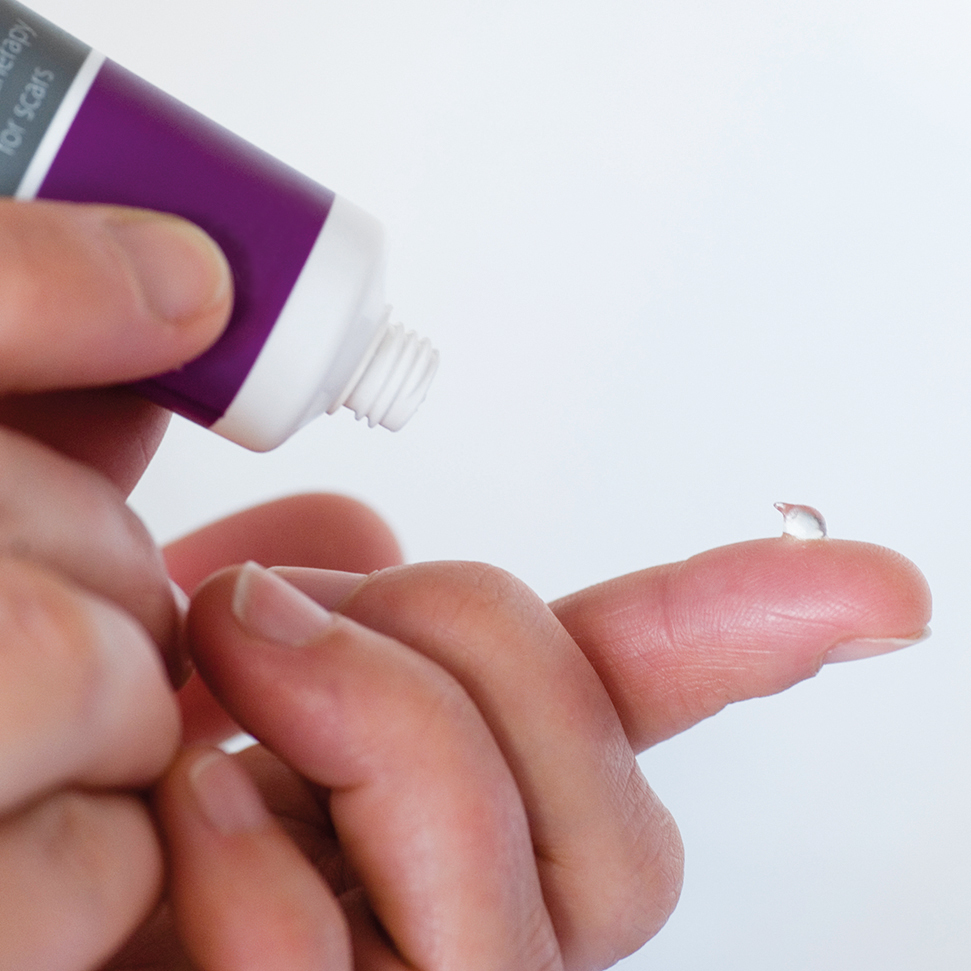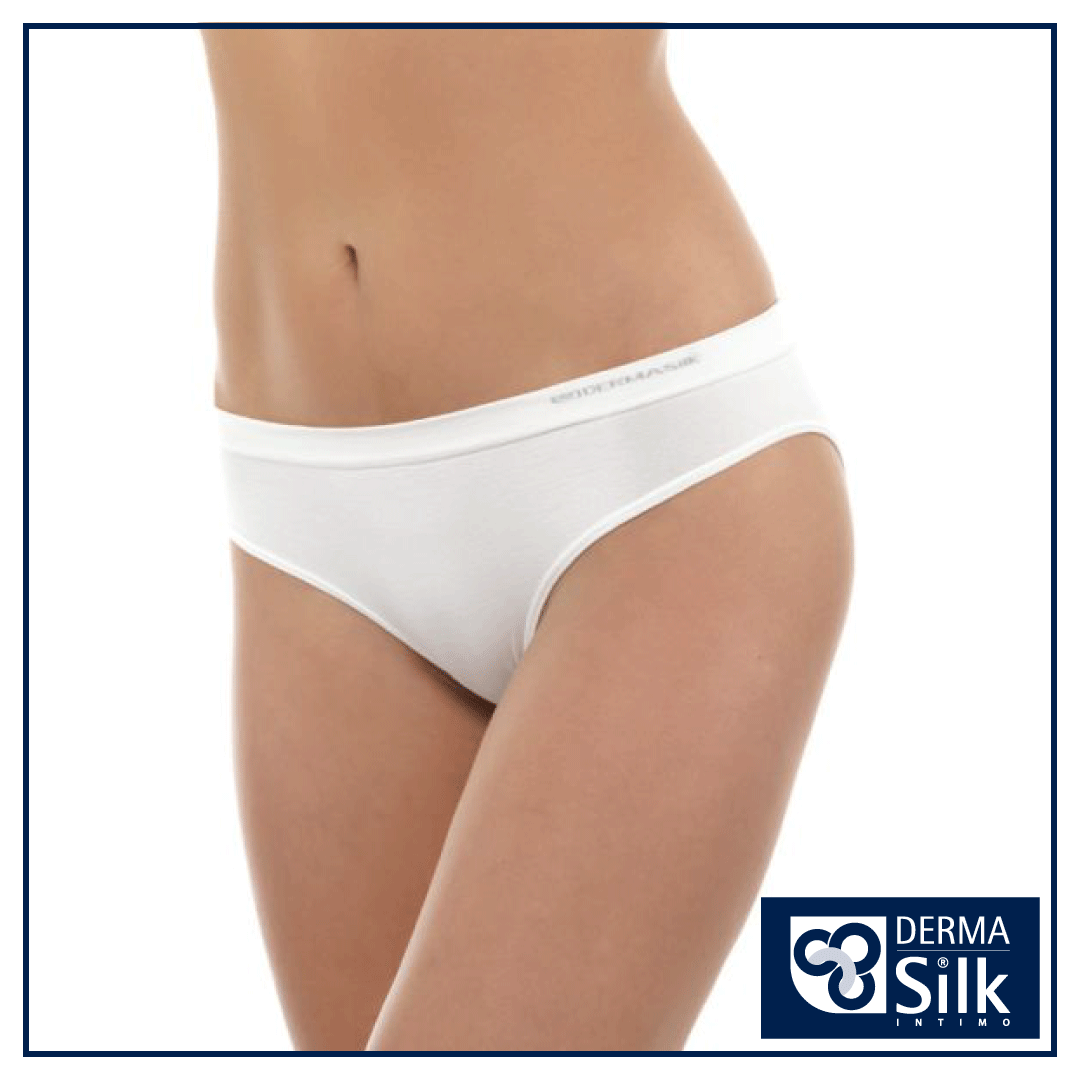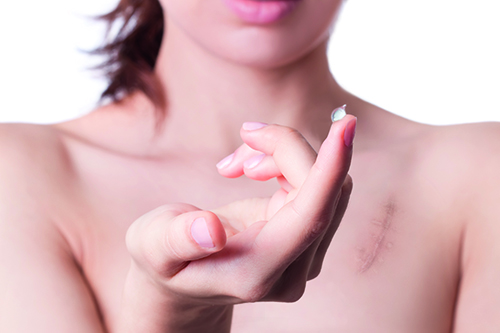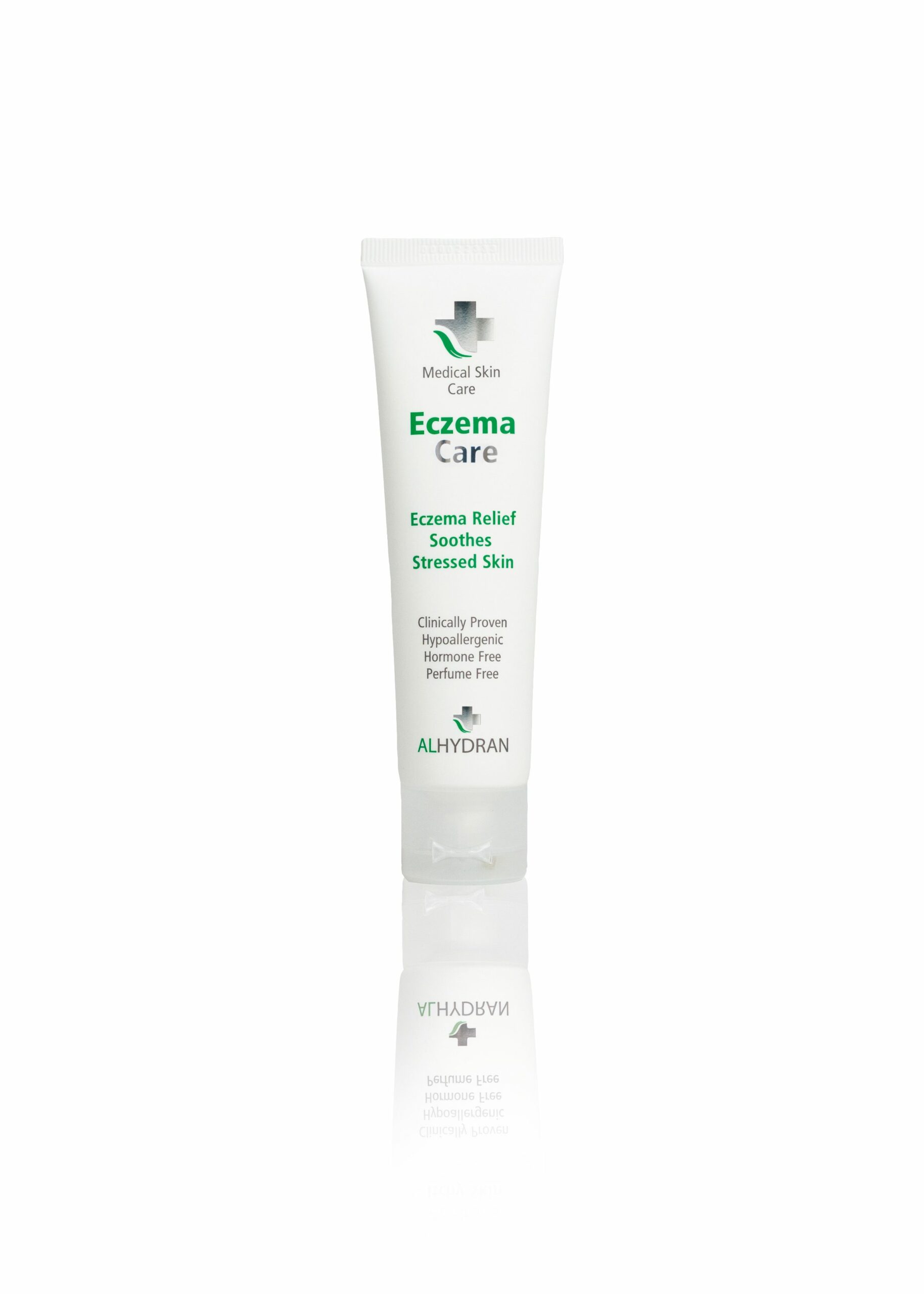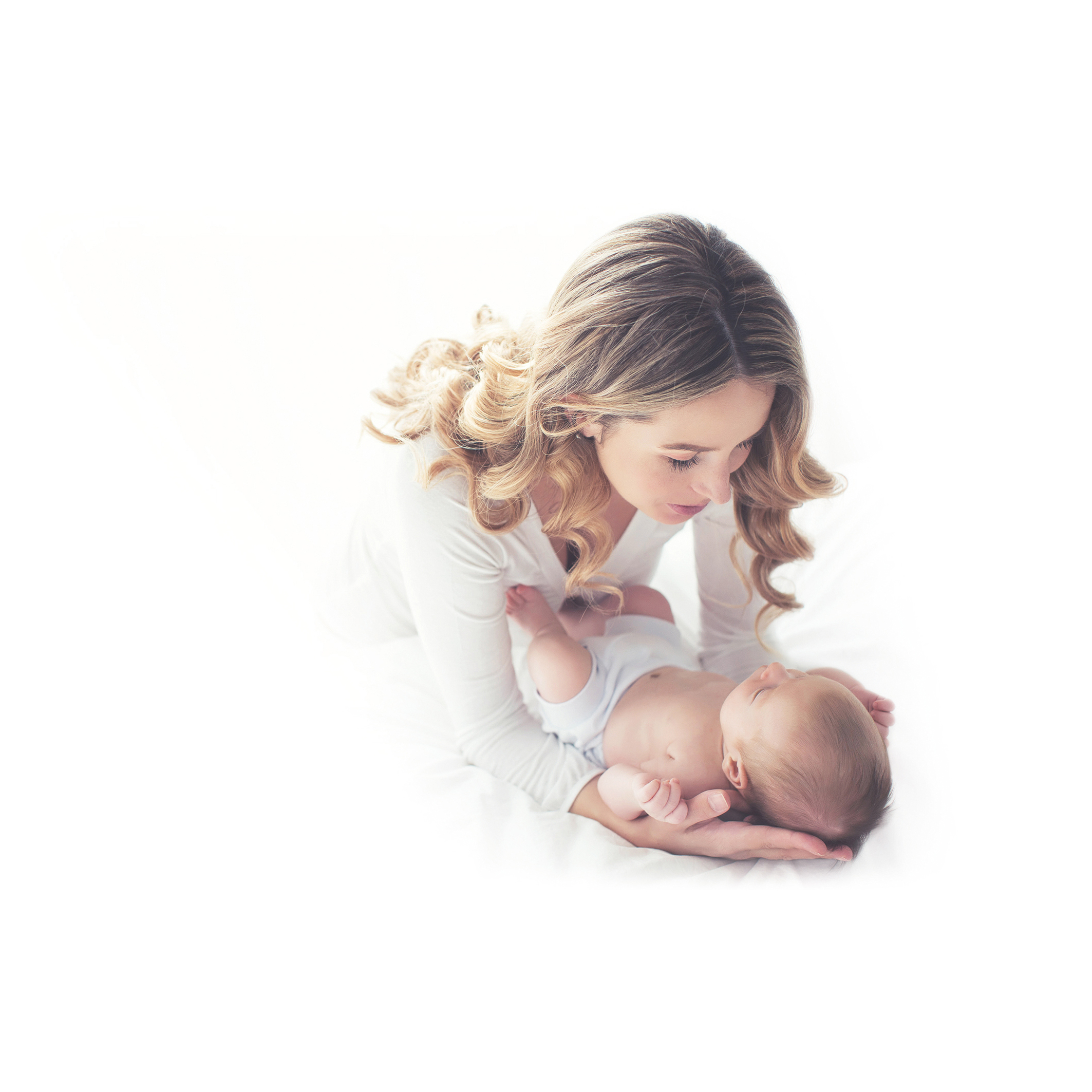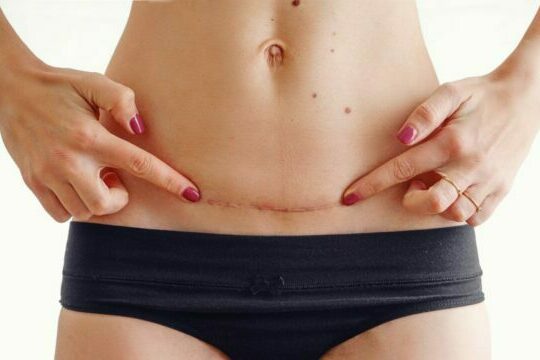Protecting scars in the sun
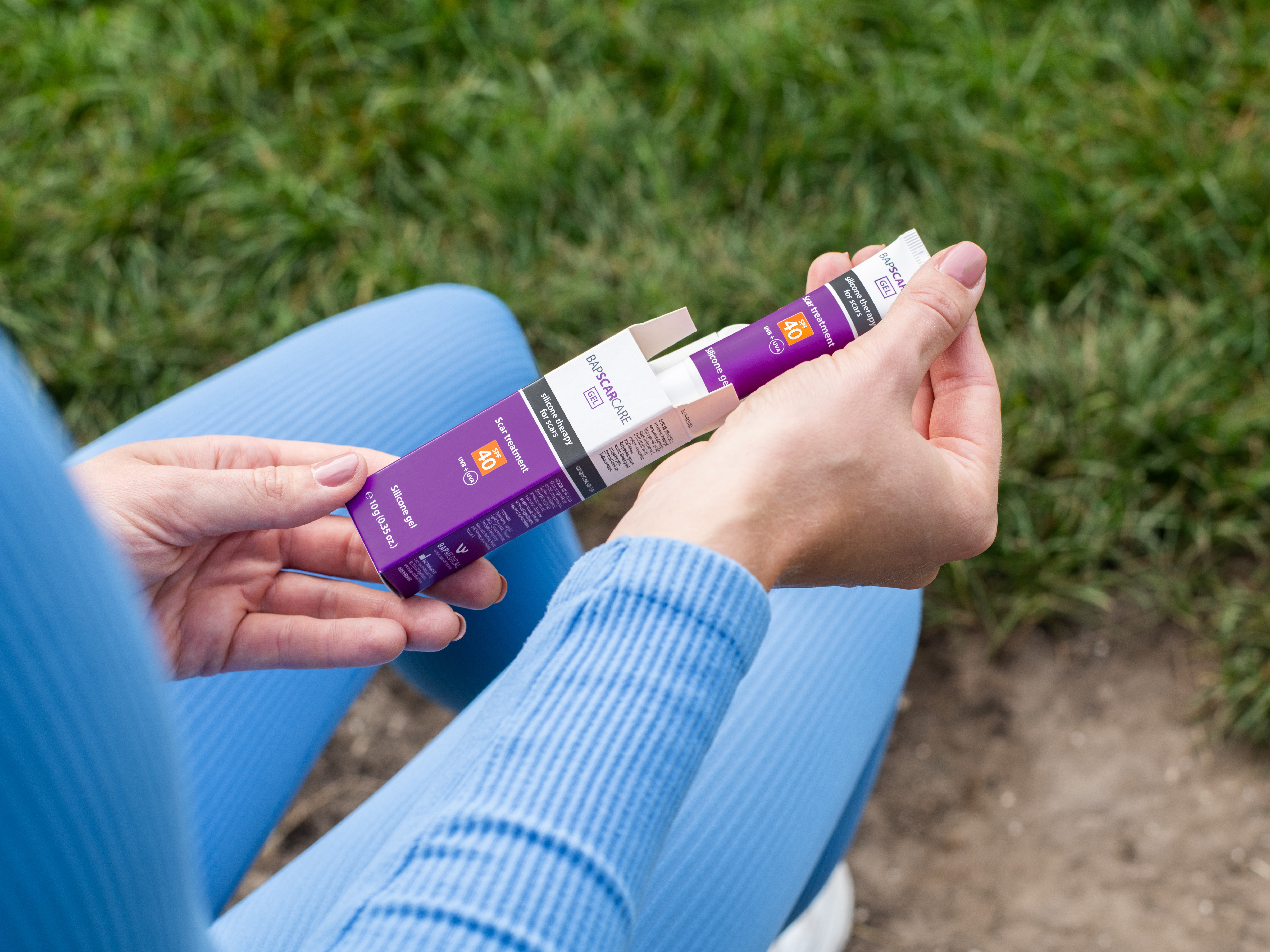
If you have a fresh scar, for example as a result of surgery or after a burn. Is it wise to sit in the sun? Read about it in this blog.
To understand how the sun causes damage to your scar, you need to understand the effect of the sun's power on the scar. To do this, you first need to know the difference between UVA and UVB radiation.
Which UV radiation is harmful?
UV radiation is harmful to the skin and extra harmful to your fragile fresh scar. We just mentioned that there are 2 types of sun rays: UVA and UVB rays. Sunlight is made up of 95 percent UVA rays and 5 percent UVB rays.
- UVA rays penetrate deep into the skin, causing skin aging. Too long exposure to UVA rays accelerates skin aging and can cause sun sensitivity and hyperpigmentation.
- UVB rays are more powerful than UVA rays, but do not penetrate the skin as deeply as UVA rays. UVB radiation that is for prolonged periods causes DNA damage and sunburn..
Both forms of radiation can contribute to the development of skin cancer in the long term this is why protecting the skin is so important.
Your scar is extra sensitive, because it's damaged skin. You should therefore protect it extra well against both UVA and UVB radiation. Why exactly?
This is because the new scar skin is not (yet) able to effectively repel UV radiation. This allows sunlight to enter the skin unfiltered. The risk of burning is therefore greater. For example, a scar can become much darker in color and therefore stand out even more. Permanent scar discoloration is common.
A scar:
- Burns faster than normal skin
- Has a higher chance of developing skin cancer
- Can become discoloured and can therefore be more noticeable
For fresh scars, avoid the sun as much as possible
The advice is always to always protect your skin in the sun but for sensitive skin with a fresh scar, this is especially important. This is because it lacks building blocks that normal skin has.
A scar needs extra protection 1 to 2 years after it has occurred. Therefore, be careful with sunlight when the scar is still active and use products with a high protection factor.
All scars are fragile, but a fresh scar is even more so. That's why it's important to always protect a newly formed scar, even when the sun isn't shining visibly.
Can scars fade in the sun?
Scars do not fade from the sun. That's a myth. The skin discolors from the sun, but so does scar skin. The scar skin can discolor due to the sun and even become more noticeable.
When can I put my scar in the sun again?
When your scar is light pink and symptoms such as itching and pain have disappeared, you can carefully be in the sun. How long that takes differs per scar. Usually this is after about 1 year. Of course, the skin should always be protected with at least SPF 30. The skin is and remains vulnerable, even without a scar or a long-standing scar so sun in moderation.
Care for and protect with BAPSCARCARE silicone gel SPF40
BAPSCARCARE silicone gel SPF40 contains sun protection factor 40. It protects against UVA and UVB radiation. Due to the UV-protective ingredients, this gel is white in color. In addition to UV protection, the gel provides a moisturizing effect on the scar skin, so that symptoms such as itching and redness disappear.
The gel dries quickly and absorbs quickly. It is ideal for visible areas of the body, such as the face, neck and hands.
Other tips to protect your scar
Completely avoiding your scar in the sun is not always possible. Especially if you have a scar on visible areas like your face or arm. That's why we'll give you some tips that can help protect your scar as much as possible.
- Cover your scar with clothing. If your scar is on your face, wear a cap or hat. Do this especially if the scar is still purple or red.
- Have you been swimming or showering? Then reapply sunscreen to the scar.
- Avoid the sun and seek shade. Whenin the shade: apply sunscreen to the scar. Even from the sun, you are exposed to UV radiation.
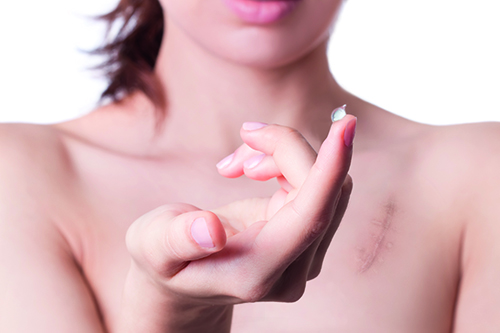

Share this post
About the Author

Topics
- Scarban
- Scarban
- Dermasilk
- Eczema
- Alhydran
- Therapeutic clothing
- BAPScarCare
- Sensitive Skin
- Eczema clothing
- Itching
- Varicose eczema
- Dermasilk wash and care instructions
- Jock itch
- Menopause
- Chemotherapy
- Clinical studies
- Size guide
- DermaTherapy bedding
- Night sweats
- Bedsores
- Insomnia
- Night Terrors
- Recovery
- Anti-microbial
- Stain-Resistant
- Vulvodynia
- Testimonials
- Eczema in kids
- Instructions for use
- Scar treatment
- Silicone sheet
- Facial scars
- Scars on hand
- Scar on finger
- Eczema
Tags



